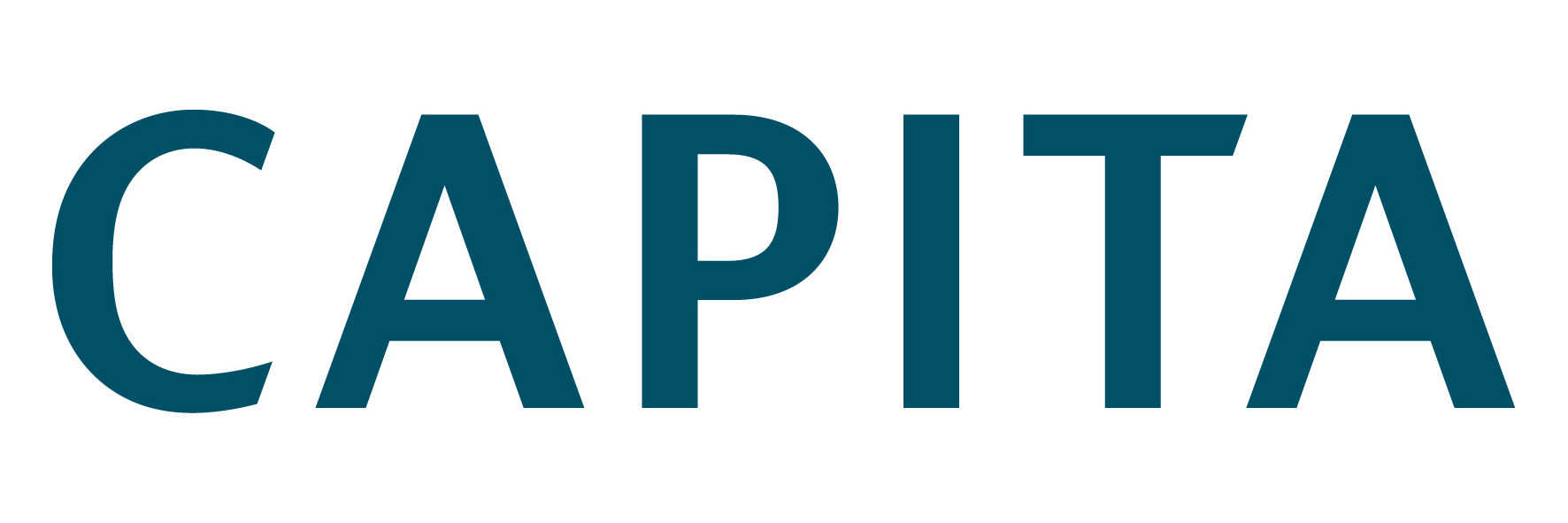About the course:
Our Kubernetes training course for Ops / Site Reliability Engineering (SRE) will provide you with the
fundamentals required to create your own secure cluster, and deploy
applications to it.
As part of the course, you will learn how to make your
cluster more secure, observable, and manageable, whilst learning how to
customise Kubernetes for your specific requirements.
There is a focus on monitoring, metrics, and security; vital
topics in managing a modern platform.
Practical workshops will walk you through installing your own
cluster, and configuring fundamentals such as role-based-access-control, and
autoscaling.
We're happy to offer this instructor-led Kubernetes Training Course for Ops / SREs online; in-person at our London training centre, or at your location of choice. Please get in touch to find out about flexible options to suit your team.
Trusted by:







